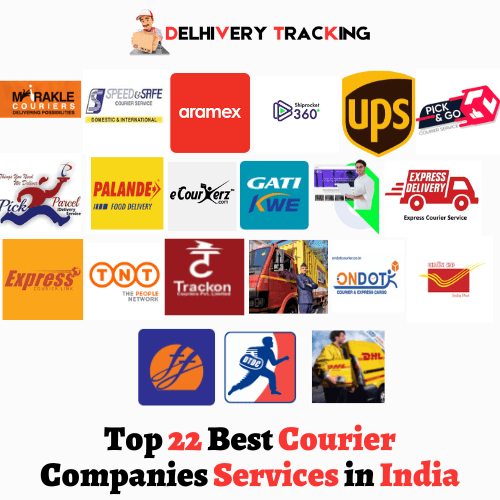When it comes to corporate meetings, the location is far more than a logistical consideration. It’s a calculated move that can have a significant impact on the event’s success. Whether it’s a small boardroom meeting or a large ballroom event, the venue sets the tone for the entire event. In this blog, we’ll look at the art of corporate meeting venue selection, highlighting the factors to consider and the critical role of professional services in ensuring the perfect fit.
Defining Meeting Goals
The process of selecting a venue begins with a clear understanding of the meeting’s objectives. Is it a formal business presentation, a team-building workshop, the launch of a new product, or a multi-day conference? The nature of the event dictates the type of venue that is most appropriate for its purpose.
Smaller and more intimate spaces may be ideal for boardroom discussions or executive meetings to facilitate focused conversations. Larger gatherings, such as conferences or product launches, may benefit from larger ballrooms or convention centers that can accommodate a larger audience.
Creating an Atmosphere
The atmosphere created by a venue can have a significant impact on the tone of the event. A modern and sleek setting may be ideal for technology-focused presentations, whereas a more traditional setting may be appropriate for discussions about heritage and values.
Furthermore, the location of the venue influences the atmosphere. A venue in the heart of a bustling city may be appropriate for a fast-paced business conference, whereas a tranquil countryside setting may be ideal for a retreat aimed at fostering creativity and collaboration.
Convenience and Accessibility
Accessibility is an important consideration when choosing a venue. Attendees should be able to easily access the chosen venue, whether they are traveling locally or from other parts of the world. The proximity of airports, public transportation, and lodging is critical to ensuring a smooth experience for all participants.
Furthermore, the layout of the venue should facilitate easy navigation. This includes things like parking availability, accessibility for people with disabilities, and clear signage within the venue.
Infrastructure of Information Technology
Technology is an essential component of corporate meetings in the digital age. Presentations, audiovisual setups, live streaming, and interactive sessions must all be supported by venues that have the necessary technological infrastructure. A lack of dependable technology can cause disruptions and reduce the event’s effectiveness.
Event planners must inquire about the availability of Wi-Fi, audiovisual equipment, and technical support when choosing a venue to ensure that the event runs smoothly from a technological standpoint.
Accommodations and Catering
Food and beverages are necessary components of any event. Catering services provided by venues should be tailored to the attendees’ dietary preferences and needs. Menu options should cater to a wide range of tastes, from formal business lunches to casual networking receptions.
Furthermore, if the event lasts several days, nearby accommodations must be considered. Having appropriate lodging options within a reasonable distance of the venue ensures attendees’ convenience and improves their overall experience.
Professional Venue Selection Services
While there are numerous factors to consider when choosing a venue, enlisting the help of professional corporate meeting management services can help to streamline the process and ensure that no detail is overlooked. These services bring a wealth of event management and coordination experience, allowing event planners to tap into their knowledge.
Professional event services can conduct extensive research to find venues that match the event’s objectives, atmosphere, and logistical requirements. They can also negotiate contracts, manage logistics, and offer insights that can save time and money. Their expertise ensures that the venue chosen enhances the overall event experience while maximizing the return on investment.
Personalization and Branding
Corporate events are frequently used to highlight a company’s brand identity and values. Customizable venues can be tailored to match the branding of the organization. Logos, color schemes, and visual elements that are consistent with the company’s image should be used.
Customization not only provides attendees with a cohesive and immersive experience, but it also reinforces the company’s brand message. Venues that provide flexibility in terms of setup and branding help to make an event memorable and impactful.
Post-Event Evaluation
Post-event feedback can also be used to assess the success of a venue’s selection. Attendee feedback on the venue’s ambiance, accessibility, amenities, and overall experience is invaluable for future events. Analyzing this feedback allows event planners to fine-tune their approach to venue selection and tailor it to their audience’s preferences.
Seeking Professional Assistance
As previously demonstrated, venue selection is a multifaceted endeavor that necessitates a thorough understanding of the event’s goals, logistical needs, and attendee preferences. Professional corporate conference planning services specialize in navigating this complication, ensuring that the venue chosen is in sync with the event’s purpose and enhances the attendee experience.
Finally, choosing a venue is a strategic decision that shapes the entire corporate meeting experience. The chosen venue serves as the canvas on which a successful event is painted, from reflecting the event’s objectives to accommodating attendee needs. Seeking professional services for venue selection emerges as a wise investment in creating impactful and memorable events that leave a lasting impression as the corporate meeting landscape evolves.


















Leave a Reply